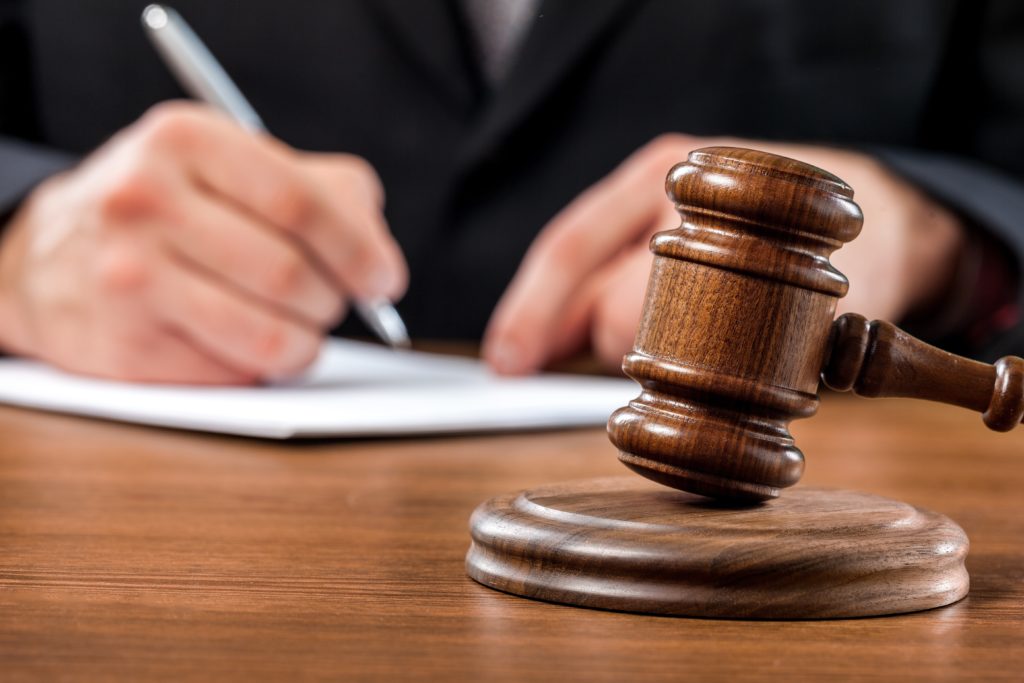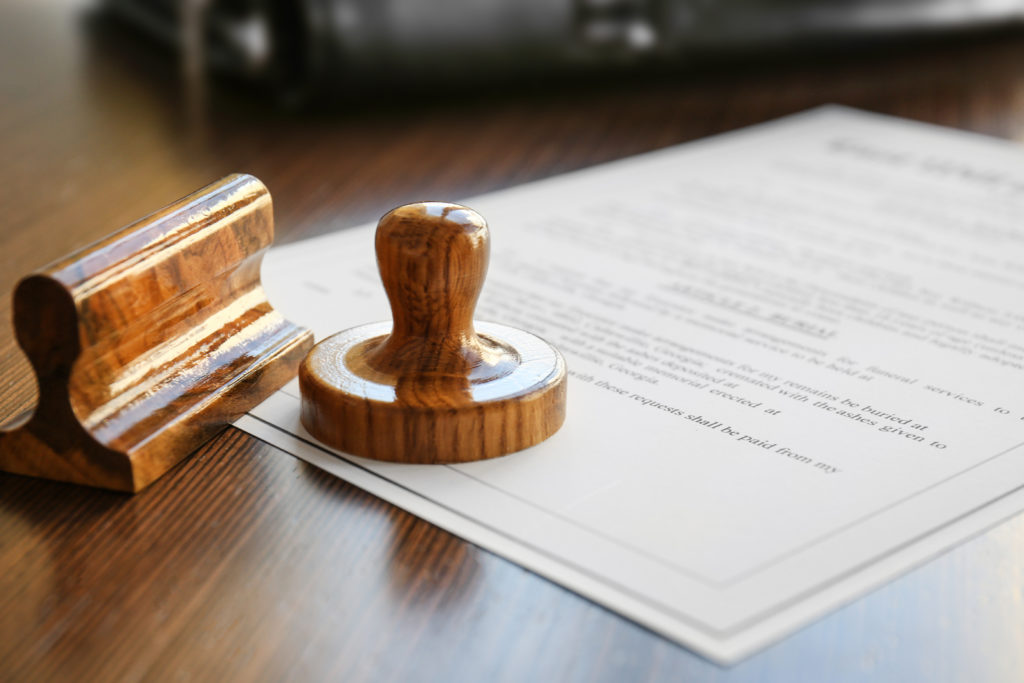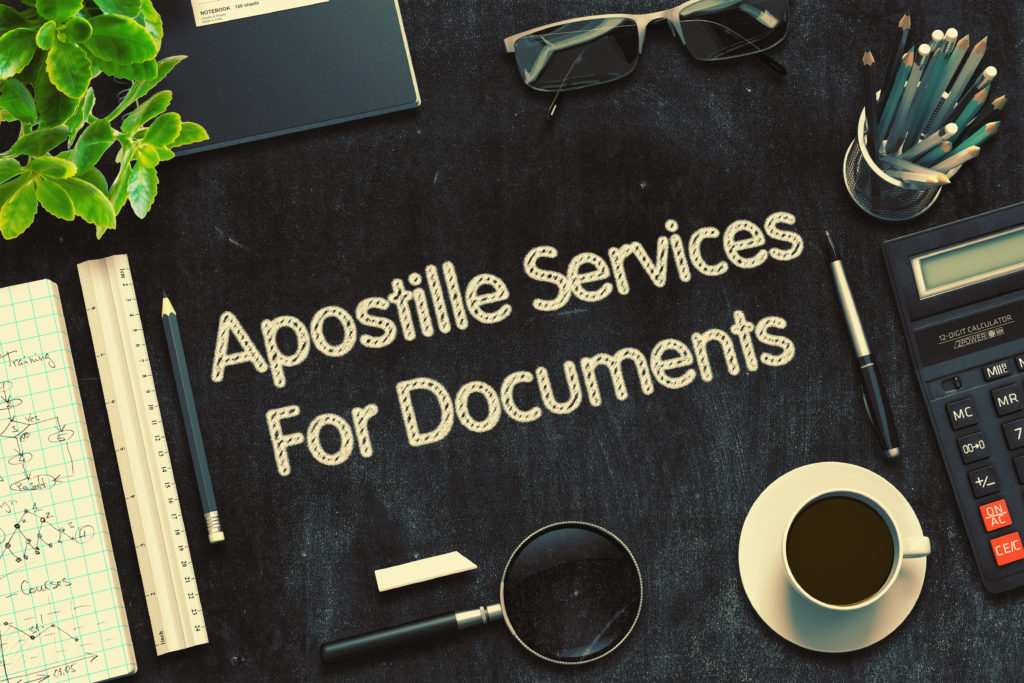When it comes to financial and legal matters, there may be times when you need someone else to make important decisions on your behalf. This is where a power of attorney (POA) comes in. However, to ensure the legitimacy of your POA, it needs to be notarized by a commissioned notary public. In this article, we will discuss what a POA and notary public is, the process of notarizing a POA, and common misconceptions and mistakes to avoid.
What is Power of Attorney?
Power of attorney is a legal document that grants someone else the authority to make decisions on your behalf. This can include managing your finances, making healthcare decisions, and even signing legal documents. The person who grants this authority is known as the principal, while the person who receives it is called the agent. The agent can only make decisions within the scope of the authority granted by the principal.
Types of Power of Attorney
There are different types of POA, each with different levels of authority granted to the agent:
- General Power of Attorney: This grants broad authority to the agent to make financial and legal decisions on the principal’s behalf.
- Special Power of Attorney: This grants specific authority to the agent for a specific purpose or time period.
- Durable Power of Attorney: This remains in effect even if the principal becomes incapacitated.
- Springing Power of Attorney: This only goes into effect if a specific event (such as incapacitation) occurs.
Importance of Power of Attorney
Without a POA, it can be difficult for someone else to make decisions on your behalf. This can be especially problematic if you become incapacitated and are unable to make decisions for yourself. By granting someone else power of attorney, you ensure that your wishes are carried out and that your affairs are managed properly.
When to Use a Power of Attorney
There are many situations where a POA can be useful, including:
- Managing finances when you are unable to do so yourself
- Making medical decisions if you are unable to communicate your wishes
- Selling or purchasing real estate or other assets
- Managing a business
- Signing legal documents
It is important to note that a power of attorney can be customized to fit the specific needs of the principal. For example, a principal can grant an agent power of attorney for a specific transaction or for a limited period of time. This level of customization can ensure that the principal’s wishes are carried out exactly as intended.
Another important aspect of a power of attorney is choosing the right agent. The agent should be someone who is trustworthy and capable of making decisions in the best interest of the principal. It is also important to choose an agent who is willing and able to take on the responsibilities of being an agent. If the principal does not know anyone who fits these criteria, they may want to consider hiring a professional agent.
It is also important to keep a power of attorney up to date. As circumstances change, the authority granted by the power of attorney may need to be updated or revoked. For example, if the principal grants someone power of attorney for a specific transaction and that transaction is completed, the power of attorney should be revoked.
In conclusion, a power of attorney can be a valuable tool for managing one’s affairs and ensuring that their wishes are carried out. By understanding the different types of POA, when to use them, and how to choose the right agent, individuals can make informed decisions about their future.
The Role of a Notary Public
A notary public is a government-appointed official who plays a crucial role in various legal transactions. They are responsible for verifying the identity of the parties involved in the signing of a legal document and ensuring that the signers are who they claim to be. This verification process is essential in preventing fraud and ensuring that the document is legitimate and valid.
Notaries are highly trained professionals who have the authority to administer oaths or affirmations, notarize signatures, and certify the authenticity of legal documents. They are required to follow strict guidelines and procedures to ensure that the documents they notarize are legally binding and accurate.
What Does a Notary Public Do?
Notaries perform a variety of tasks, including:
- Verifying the identity of the parties involved in the signing
- Ensuring that the signers are signing the document voluntarily
- Administering oaths or affirmations
- Notarizing signatures
Notaries are often called upon to notarize documents such as wills, deeds, powers of attorney, and contracts. They are responsible for ensuring that the document is properly executed and that all parties involved understand the implications of signing the document.
Why is a Notary Public Necessary?
The role of a notary public is essential in today’s legal system. By notarizing a document, the notary ensures that the document is legitimate and valid. It also adds an extra layer of protection against fraud. For example, if someone forges a signature on a notarized document, the notary can be held liable for the mistake.
Notaries are also responsible for ensuring that the signers are aware of the legal implications of the document they are signing. This includes ensuring that the signers understand the terms of the document and that they are signing it voluntarily.
Finding a Notary Public
If you need a document notarized, there are many places where you can find a notary public. Notaries can be found in courthouses, banks, post offices, and other public places. Some notaries also offer mobile services and can come to your home or office.
It is important to ensure that the notary you choose is commissioned in your state and has the appropriate qualifications. Notaries are required to follow strict guidelines and procedures to ensure that the documents they notarize are legally binding and accurate.
Overall, the role of a notary public is an essential part of our legal system. They play a crucial role in ensuring that legal documents are properly executed and that all parties involved understand the implications of signing the document. If you need a document notarized, be sure to choose a qualified and experienced notary public to ensure that the process goes smoothly.
The Power of Attorney Notary Process
Now that we have covered what a POA and notary public are, let’s discuss the process of notarizing a POA.
Preparing the Power of Attorney Document
The first step is to prepare the POA document. This can be done with the help of an attorney or using a template that is specific to your state. The document should clearly state the names of the principal and agent, the scope of authority granted to the agent, and any limitations on that authority.
Verifying the Identity of the Parties
Before notarizing the document, the notary must verify the identities of the principal and agent. This can be done by examining a government-issued ID such as a driver’s license or passport.
Signing and Notarizing the Power of Attorney
Once the identities have been verified, all parties involved in the signing must be present. The principal will need to sign the document in the presence of the notary, who will then notarize the document by adding their signature and official seal.
Recordkeeping and Storage of Notarized Documents
After notarizing the document, the notary must keep a record of the notarization. This can include a journal entry or a scanned copy of the document. The notary should also provide the principal and agent with a copy of the notarized document for their records.
Common Misconceptions and Mistakes
There are several misconceptions about POA and notary publics that can lead to problems down the road. It is important to be aware of these misconceptions and avoid them to ensure that your legal documents are valid and enforceable.
Misconceptions About Power of Attorney
Power of Attorney (POA) is a legal document that grants authority to an agent to act on behalf of the principal. However, there are several myths surrounding POA that can lead to misunderstandings and mistakes. The following are some of the most common misconceptions:
- Myth: POA gives the agent unrestricted power over the principal’s affairs.
- Fact: The agent only has the authority specifically granted by the principal and cannot act outside of that authority. It is important to clearly define the scope of the agent’s authority in the POA document to avoid any misunderstandings.
- Myth: POA remains in effect after the principal’s death.
- Fact: POA terminates upon the death of the principal. It is important to update your legal documents regularly to ensure that they reflect your current wishes and circumstances.
Notary Errors to Avoid
A notary public is a public official who is authorized to certify the authenticity of legal documents and administer oaths. However, there are several common mistakes that notaries make that can invalidate the notarization. The following are some errors to avoid:
- Failing to properly identify the parties involved: Failure to verify the identities of the parties can invalidate the notarization. It is important for the notary to check the identification of all parties involved and keep a record of the identification used.
- Failing to administer an oath or affirmation: The notary must ensure that the signer understands the contents of the document and is signing it voluntarily. This can be done by administering an oath or affirmation.
Correcting Mistakes in Notarized Documents
If a mistake is made during the notarization process, it is important to correct it as soon as possible to ensure that the document is valid and enforceable. This can be done by filing a corrective affidavit or by having the parties involved re-sign the document in the presence of the notary.
It is important to work with a qualified and experienced notary public to ensure that your legal documents are properly notarized and valid. By avoiding common misconceptions and mistakes, you can ensure that your legal affairs are in order and that your wishes are carried out as intended.
Conclusion
Understanding the power of attorney notary process is essential for ensuring that your affairs are managed properly and that your wishes are carried out. By following the steps outlined in this article and avoiding common mistakes, you can feel confident that your POA is legitimate and valid.




